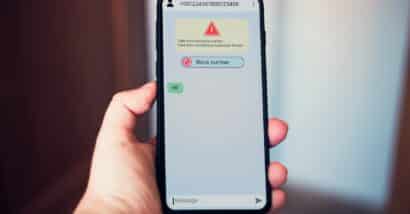 The California piece rate law changed this year to give employees fairer compensation for their time.
The California piece rate law changed this year to give employees fairer compensation for their time.
Effective Jan. 1, 2016, any employee paid by a unit should be paid additional minimum wage for all hours worked, including down time and when other duties were performed.
In the past, activity-based pay was excluded from minimum wage rules. Traditionally, piece-work employees are paid a flat rate for the work completed regardless of how long it takes to finish the job.
Personal trainers, massage therapists, pet groomers, hair stylists and factory workers are among the positions that could have been paid by commission or piece-rate pay.
Other jobs that could be considered piece-rate work could be those paid by increments such as per call, per word, per keystroke, per page, or per project.
The new California piece rate law ensures that these employees make minimum wage in addition to their commission or piece-rate pay.
New California Piece Rate Law Covers Down Time
Under the new California piece rate law, piece-rate employees are to be paid for rest and recovery periods, in addition to “other nonproductive time” on the job.
The new law defines non-productive time as “time under the employer’s control, exclusive of rest and recovery periods, that is not directly related to the activity being compensated on a piece-rate basis.”
Employees are also entitled to see exactly how their pay is broken down. They must be provided with detailed itemized statements showing the total hours paid for rest and recovery periods, the employee’s pay rate, and the employee’s gross wages.
Protections for California Commissioned Employees
Commissioned employees also must be paid at least minimum wage if they are inside sales workers.
Inside salespeople might be owed minimum wage for down time that is spent under the control of their employers. For instance, if an inside sales employee is required to remain in the store or on location during a period of time in which no sales are possible, the employee should be compensated for that time.
California inside sales workers might be exempt from overtime pay if they obtain more than half their income from sales commissions and if their pay is at least one and one-half times the minimum wage hourly rate for all hours worked.
Outside sales employees who spend more than half their time performing outside sales and related activities are exempt from minimum wage and overtime compensation.
For covered employees, the current minimum wage in California is $10 per hour.
Some employers might be violating the new California piece rate law. If you are an inside sales worker or piece-rate employee who has not been paid for all your hours worked, you may be entitled to additional compensation.
Join a Free California Sales & Piece Rate Worker Class Action Lawsuit Investigation
If you are a California employee who receives commission pay or gets paid on a piece-rate basis, but you have been denied additional minimum wage pay, your employment rights may have been violated.
ATTORNEY ADVERTISING
Top Class Actions is a Proud Member of the American Bar Association
LEGAL INFORMATION IS NOT LEGAL ADVICE
Top Class Actions Legal Statement
©2008 – 2025 Top Class Actions® LLC
Various Trademarks held by their respective owners
This website is not intended for viewing or usage by European Union citizens.














